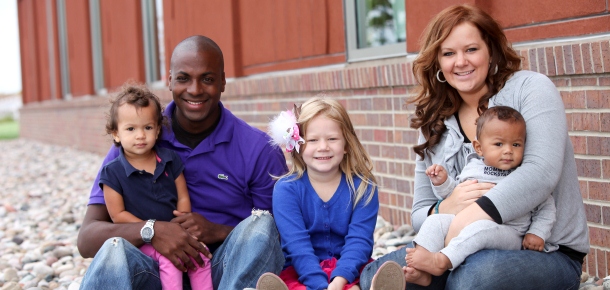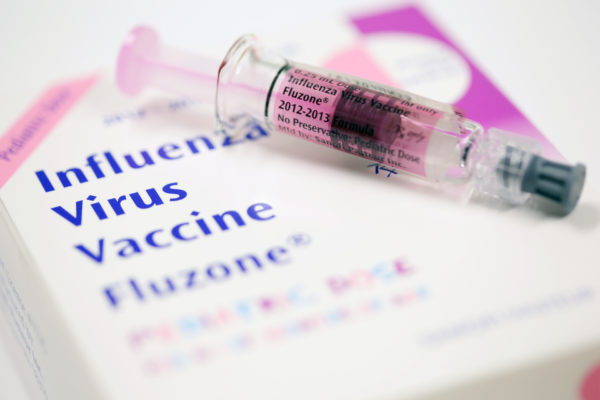Over the past few months, we’ve seen several children with pertussis, a highly contagious illness commonly called whooping cough.
Pertussis is a respiratory disease caused by bacteria. It is known for uncontrollable, violent coughing which often makes it hard to breathe. The name “whooping cough” comes from the whooping noise that is often made when a person takes deep breaths in after one of these coughing spells.
From 2013-2014, there was a 15 percent increase in pertussis cases in the United States. Any rise in a preventable disease like this is worth noting and should be addressed. The good news is you can protect your family against this illness with vaccination.
As a pediatrician, I see first-hand how sick kids can get when they have pertussis, and how long it can last (coughing fits can go on for 10 weeks or longer). That’s why we at Cincinnati Children’s are urging everyone in our community to check their vaccine records, review CDC-recommended pertussis vaccination guidelines, and take steps to ensure that each member of your family is fully vaccinated against this illness.
There are vaccines for babies, children, preteens, teens, and adults:
- DTaP is for children 6 weeks through 6 years of age.
- Tdap is the pertussis booster vaccine for everyone 11 years and older, including pregnant women. Tdap can be used as young as age 7 to catch up a child who is behind on immunizations.
Please double check with your pediatrician that your children are up to date with their vaccinations and make arrangements to have a booster for teenagers and for yourself.
The Centers for Disease Control and Prevention (CDC) now recommends that pregnant women receive the Tdap booster during the third trimester of each pregnancy. Getting the vaccine at this time will pass some protection against the illness along to your baby before birth and in early life. Your infant can start getting the DTaP vaccine as early as 6 weeks.
Pertussis can affect people of all ages, but it is most dangerous for babies. They are at greatest risk for getting the illness and developing severe complications, including death. About half of infants younger than 1 year old who get the disease are hospitalized.
If pertussis is circulating in the community, there’s a chance that even a fully vaccinated person of any age can catch the disease. But if you’ve been vaccinated, the infection is usually less severe.
Early symptoms can last for one to two weeks and typically include runny nose, low-grade fever, and a mild cough. Because pertussis in its early stages appears to be nothing more than the common cold, it is often not suspected or diagnosed until the more severe symptoms appear. It is important to know that many babies with the illness don’t cough at all. Instead, it can cause them to stop breathing.
As the disease progresses, after one to two weeks, pertussis can cause violent and rapid coughing, over and over. This extreme coughing can cause vomiting.
Pertussis spreads through coughing and sneezing. A person with pertussis illness can infect up to 12 to 15 other people if those people are not properly vaccinated. If someone in your family begins to show early symptoms of pertussis, make sure you call a doctor.
I think it’s important to note that whooping cough was once much more prevalent than it is today. Before the DTaP shot was given routinely to infants, about 8,000 people in the U.S. died each year from the illness. Today, because of the vaccine, the number has dropped to fewer than 20 per year. Wouldn’t it be great if we could get that number all the way down to zero?





